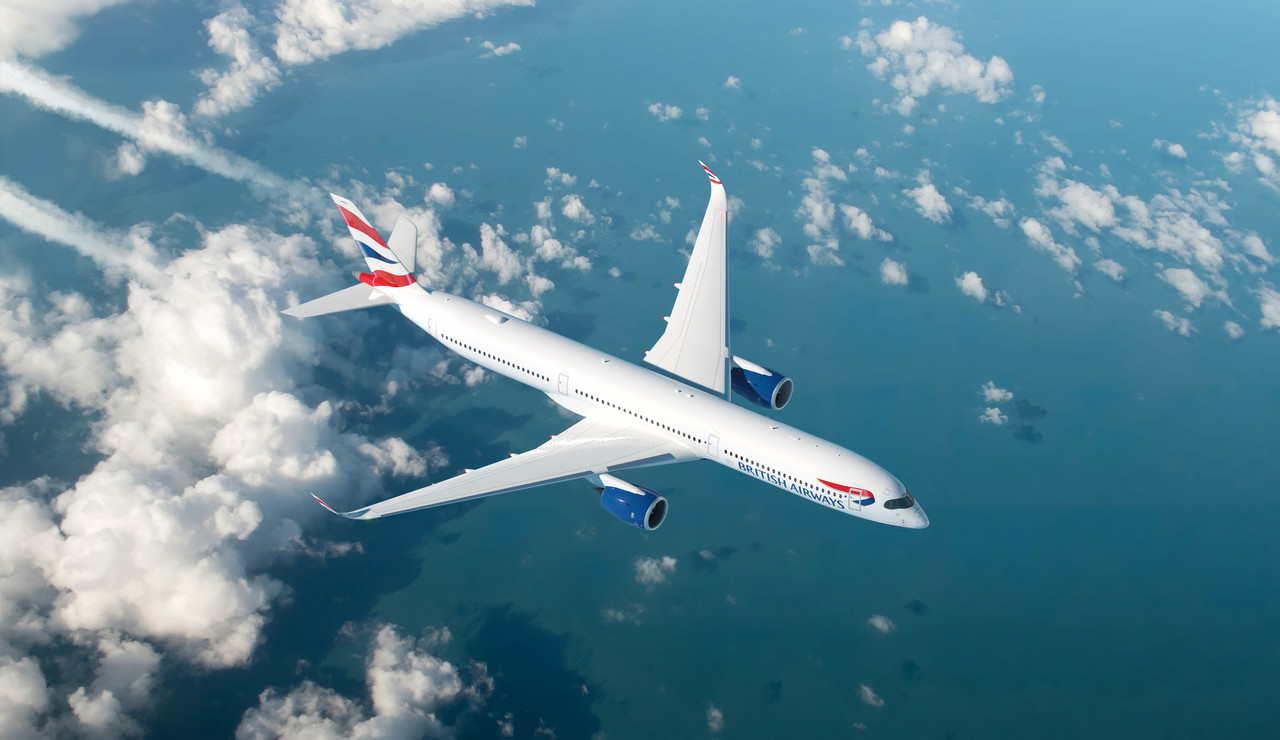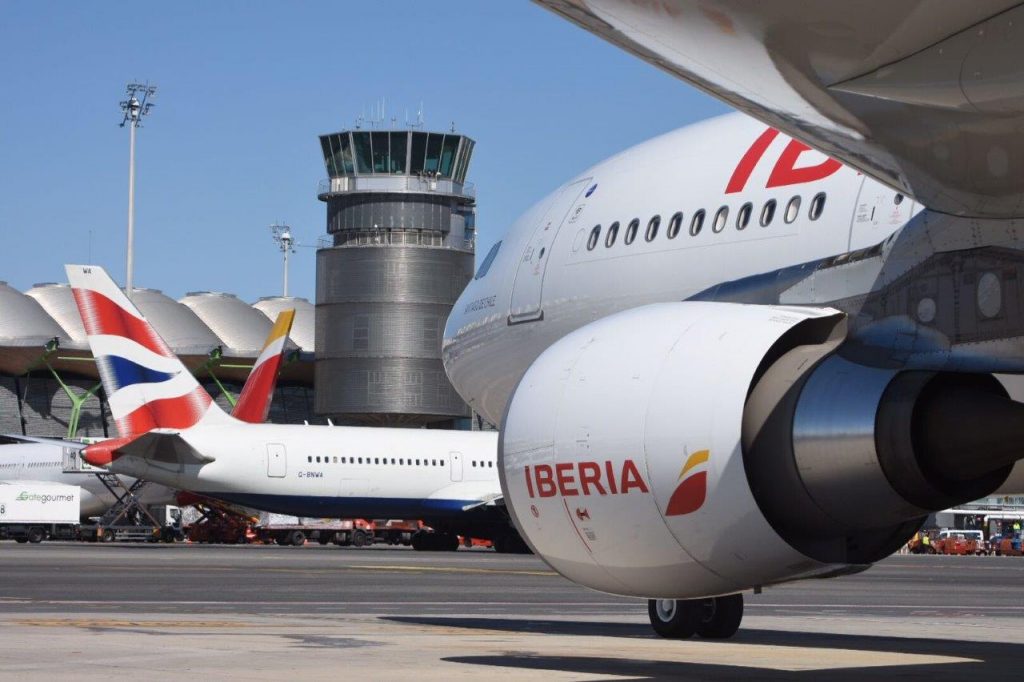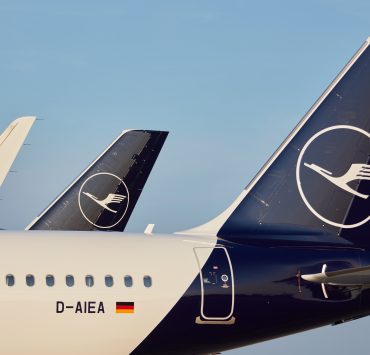
The parent company of British Airways says it anticipates a “meaningful return to service in July” but capacity may still be around 50 per cent less than what the airline group had been planning on running during the same period if it wasn’t for the COVID-19 pandemic. The news emerged as International Consolidated Airlines Group (IAG), which also owns Iberia, Aer Lingus, Vueling and low-cost long-haul airline LEVEL, revealed its financial results for the first quarter of 2020.
Passenger capacity across the group has been cut by 94 per cent since late March because of the crisis, resulting in a €535 million loss for the first three months of the year. IAG warned that its second quarter results would be “significantly” worse than quarter one.

“The operating result up to the end of February was in line with a year ago. However, March’s performance was severely affected by government travel restrictions due to the rapid spread of COVID-19 which significantly impacted demand. Most of the loss in the quarter occurred in the last two weeks of March,” explained Willie Walsh, the chief executive of IAG who has now confirmed that he’ll step down from his role in September.
“We are planning for a meaningful return to service in July 2020 at the earliest, depending on the easing of lockdowns and travel restrictions around the world. We will adapt our operating procedures to ensure our customers and our people are properly protected in this new environment,” Walsh said of the airline group’s plans – although in a later question and answer session he dismissed the idea of social distancing and said that every seat would be available to be booked.
“We are working with the various regulatory bodies and are confident that changes in regulations will enable a safe and organised return to service. The industry will adapt to new requirements in the same way that it has adapted to developments in security requirements in the past,” the chief executive continued.
However, Walsh cautioned that IAG still doesn’t expect passenger demand to recover to pre-Coronavirus levels until 2023 “at the earliest”. That estimate is broadly in line with predictions by other major European airlines including the Lufthansa Group.
Walsh said restructuring efforts would continue across the group. That may include more job losses, as well as the confirmed deferral of 68 new aircraft that were meant to join the airline group over the next couple of years. IAG said it was still in talks with Boeing over a potential 737MAX order, while it will now seek a lower price to purchase Air Europa.
IAG has come under intense scrutiny for its decision to slash 12,000 jobs at British Airways while maintaining the majority of roles at Iberia and Vueling – both of which had benefited from a Spanish government bailout to the tune of €1 billion.
While BA chief executive Alex Cruz has said there’s no bailout waiting for the airline, IAG has managed to secure a loan worth £300 million from the UK government. IAG also said it went into the crisis with liquidity worth €10 billion and capital spending for 2020 has been cut by €1.2 billion to shore up finances still further.
Talks continue between British Airways and its unions who have called the job cuts and restructuring “opportunistic”, as well as “illegal and immoral”. The unions have called on British Airways to take advantage of a job retention scheme set up by the UK government to cover the wages of employees impacted by the pandemic.
British Airways placed around 22,000 of its employees onto the scheme but would like to complete its mass redundancy programme by June 15 – while the furlough scheme is still active.
Mateusz Maszczynski honed his skills as an international flight attendant at the most prominent airline in the Middle East and has been flying throughout the COVID-19 pandemic for a well-known European airline. Matt is passionate about the aviation industry and has become an expert in passenger experience and human-centric stories. Always keeping an ear close to the ground, Matt's industry insights, analysis and news coverage is frequently relied upon by some of the biggest names in journalism.









